Blog
Press Release: June 12, 2014
Interview with Mike Rodewald
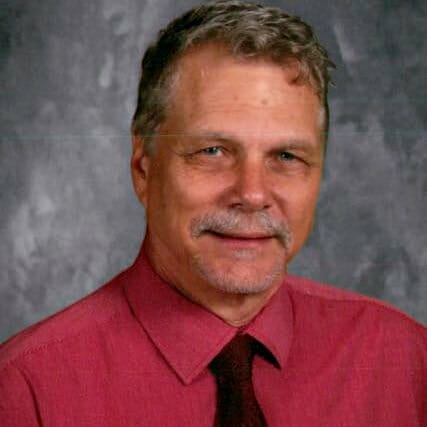
 Mike Rodewald recently became Lutheran Bible Translators’ Executive Director. He and his family moved to Illinois, from Southern Africa. Mike has a long history with LBT and the Lutheran Church—Missouri Synod (LCMS). He served most recently as LCMS Regional Director–Africa, where he facilitated LCMS relationships with Lutheran churches and supervised LCMS partner projects across the continent. He also directed the work of LCMS missionaries in Ghana, Guinea, Kenya, Ethiopia and South Africa.
Mike Rodewald recently became Lutheran Bible Translators’ Executive Director. He and his family moved to Illinois, from Southern Africa. Mike has a long history with LBT and the Lutheran Church—Missouri Synod (LCMS). He served most recently as LCMS Regional Director–Africa, where he facilitated LCMS relationships with Lutheran churches and supervised LCMS partner projects across the continent. He also directed the work of LCMS missionaries in Ghana, Guinea, Kenya, Ethiopia and South Africa.
Mike, welcome to your new leadership position. What motivated you to accept the challenge of leading LBT into its next 50 years of ministry?
I’m very inspired by the vision of Lutheran Bible Translators, God’s Word for all people. We loved living in Africa. Thirty-three years serving in mission in Africa seemed short for me, but in the end, I couldn’t say no to the awesome opportunity to lead an organization with such a great vision.
You started out as an LBT missionary in northern Liberia (West Africa) in 1981. How did you end up in this work?
Mine was a journey of saying yes a little at a time. In the late 1970s, I viewed a Lutheran Bible Translators movie called Mojave Sands. It touched me, and I wondered if I could serve through Bible translation and its related ministries. Later, I attended the Summer Institute of Linguistics in Norman, Oklahoma, and I thought, I could do that. In 1979 I joined LBT, and after training and fundraising, I got on a plane headed for Liberia in 1981.
Missionaries support our vision in a variety of roles besides translation. You, for example, were involved mostly in Scripture engagement and literacy. Has missionary work changed since you first joined LBT?
LBT work is much more multi-faceted than it has ever been. The technology and communication available today has not changed the basics of what we do, but it has dynamically changed the way missionaries do the work they do.
We’re always looking for ways through which people might ‘hear’ and understand God’s message to us through Scripture. Our first responsibility is to make sure there are good translations. Once that happens, we want to keep discovering which mediums (oral storytelling, literature, drama, movies) work best to deepen people’s understanding of the Bible.
In the last few years, you’ve been away from LBT, serving the mission community more broadly in Africa. You’ve said that during that time, you came to appreciate LBT even more. What is it about LBT’s work that you came to see in a new light?
Lutheran Bible Translators sets themselves apart from other organizations in two big ways. First, LBT stresses missionary preparation—both educationally and experientially. It’s important for our missionaries to be equipped. Second, LBT missionaries serve long-term in more remote or rural locations where few people speak English well. It is not a mission context that lends itself well to the short-term mission paradigm. There is a missiological question that asks, “If the gospel is proclaimed but it is not heard, has the gospel been proclaimed?” LBT missionaries struggle with that question every day, “Is God’s Word heard?”
Missionaries are—and should be—proclaimers. However, God’s Word is far more powerful than human eloquence. I’ve come to the conclusion that the precepts of linguistics and translation are really at the heart of the process of proclamation. Translation removes barriers and makes the Word available so the Holy Spirit can work and lives are transformed. The translation process, for us, answers the question, “Has God’s Word been heard?”
Mike, you have a PhD in Missiology and a Master’s degree in Linguistics. Many people don’t understand why it’s important for missionaries to pursue higher education. Can you speak to that?
Education, for missionaries on the field, is necessary for credibility. More and more, governments regulate visas and want to hire locally when possible. In order to get into some countries and stay there, our missionaries have to demonstrate that they have skills that are needed in that country.
I’ve found too, the more I understand, the more I can train others. Thirty-three years in Africa means 33 years of making mistakes. I’ve learned a lot about what not to do. Education helps focus experience and turn it into something visionary and useful so I can teach others. Lots of people have passion, but it’s often unformed and immature. Education matures passion, informs it, strengthens it, and helps us focus our efforts for greater effectiveness.
You and Cindy raised three sons in Africa. That was certainly no easy task, yet Cindy was also very involved in your work. What was her role there? How will she be involved in your work as Executive Director of LBT?
Life in Africa is holistic. You don’t divide life into work and personal. Relationships there are central, and are always prioritized above tasks. Cindy was highly involved in building relationship for family and for work. She also supervised and mentored younger missionaries.
Cindy will be very active in a supporting role. Cindy loves and believes in the vision of LBT, too. We’re newly empty nesters—our sons are 21, 19, and 17—so Cindy and I will be able to travel together often to build the imprint of the organization.
What are your hopes and dreams for LBT for the future?
LBT already has a great vision, God’s Word for all people. I’m passionate about reducing the barriers that keep the world from understanding God’s message to the world. I’m looking forward to growing that vision, building our capacity and reaching more people with God’s Word.
Mike and Cindy will spend some time on the road connecting with friends of LBT across the country. Feel free to introduce yourself via e-mail at mrodewald@lbt.org.

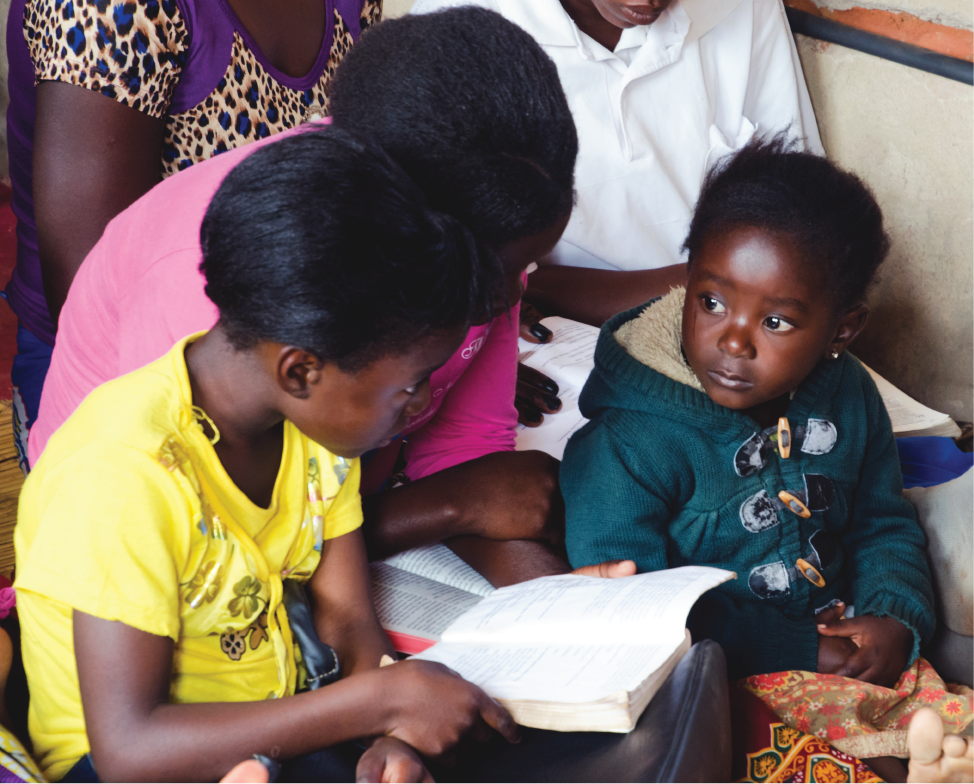
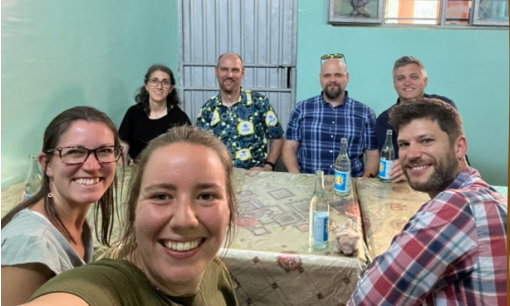
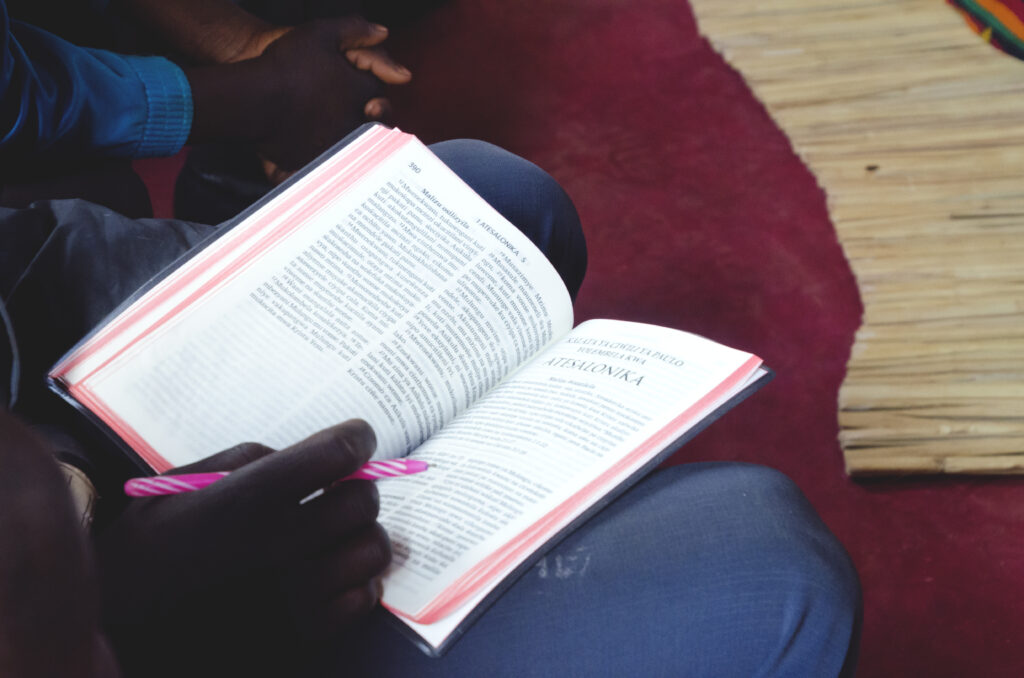
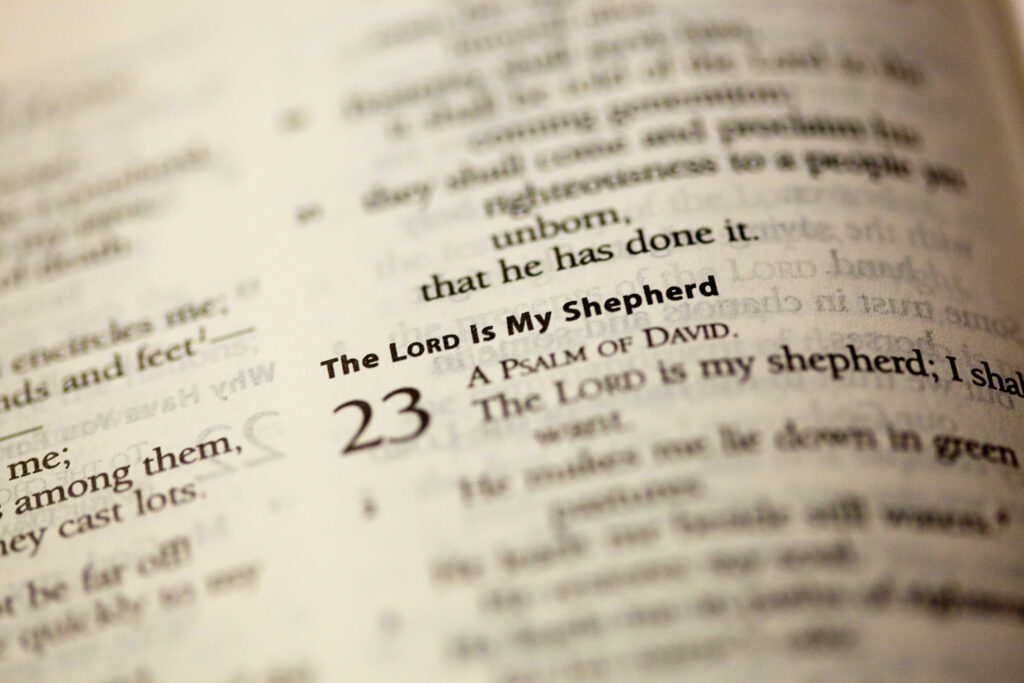
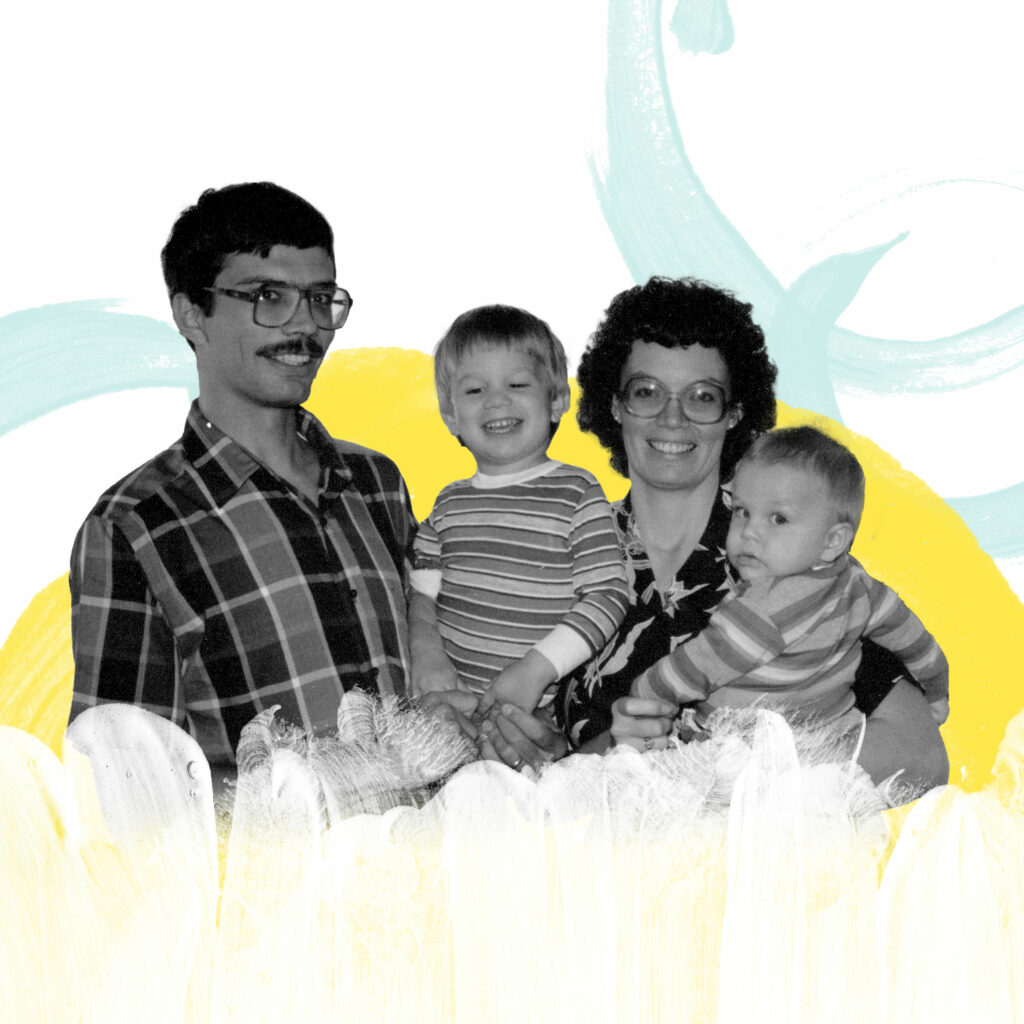
Leave a Reply
You must be logged in to post a comment.